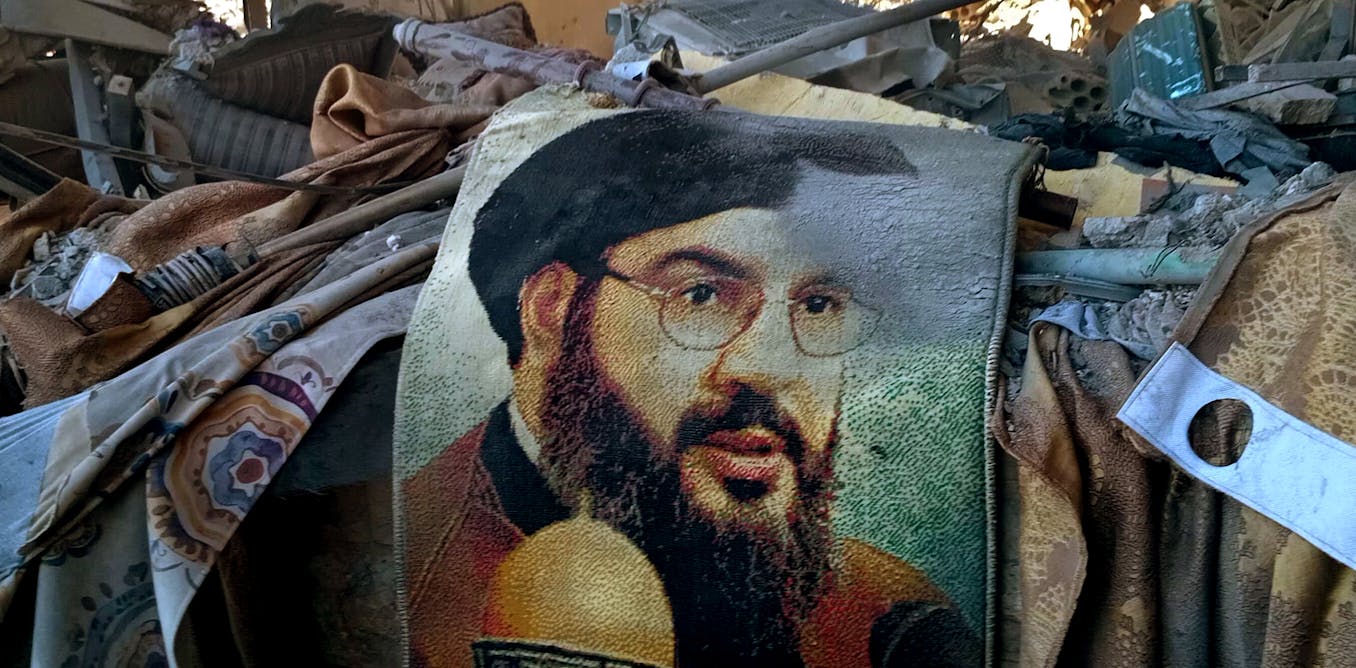Semantic battles carried out in the press are as critical as the physical wars fought on the battlefield. In fact, domestic media in the United States and Europe has the ability to shape the nature of the foreign wars in which they engage or provide support. This is certainly the case in Ukraine, where western media outlets have systematically documented Russia’s prosecution of the war, including against Ukrainian civilians. By humanizing Ukrainians against their Russian aggressors, western states have been able to continue funneling weapons and support to Ukraine. Yet, since 7 October 2023, the western media has done just the opposite in its coverage of Israel’s war in Gaza, creating a stark double standard: it has carried out a thorough and systematic dehumanization of Palestinians that has permitted Israel to unleash wanton violence throughout the Gaza Strip, West Bank, and beyond. Palestinians have been collectively labeled “terrorists” and violence against them has been accepted as inevitable. The more subtle act of one-sided and bias reporting in favor of Israel – by only sharing Israel’s official version of events, or avoiding reasonable speculation about its actions – has a similar consequence: it permits continued military, economic, and diplomatic support for Israel by the United States and its allies, and deflects blame from Israel.
Despite a highly-publicized report by an Israeli lawyer claiming heavy bias by the BBC against Israel, research, testaments of malpractice, and deep unease by journalists indicate that the opposite is true: Israel has benefited from favorable media coverage while Palestinians have suffered inordinately, leading an Israeli analyst to label any claims of anti-Israel bias in the media as “one of the greatest historical fictions in Israel’s history.” Another Israeli analyst goes so far as to claim that any media attacks on Israel are weak forms of pushback that signal the strength, not weakness, of support for Israel in the west. A similar consequence has occurred among pro-Palestinian campus protestors in the United States: media reporting smeared protests as violent and antisemitic, despite significant evidence to the contrary.
The bias in favor of Israel is deliberate. A prime example is the sudden proliferation in the use of passive voice, especially in article headlines – typically a big “sin” for journalists as it removes agency from actors. Far too many examples exist to discuss here; most famously, Israel’s murder of Palestinian journalist Shireen Abu Akleh in May 2022 and of Hind Rajab, a six-year-old Gazan trapped in a car with family members killed by an Israeli tank, were heavily reported using passive voice so as to deflect blame from Israel. More recently, Israel shot and killed an American-Turkish activist, Aysenur Eygi, as she protested Israeli aggressions in the West Bank town of Beita. Yet, a collection of headlines indicates that she “died” or was “killed” or “shot” without naming how or by whom.
More insidiously, media outlets have stifled the use of particular language to conform to standards acceptable to Israel or pro-Israeli audiences. CNN, for example, runs stories about Israel by an Israeli Defense Forces media censor. The New York Times, in a leaked memo, has limited the use of words such as “genocide,” “massacre,” “occupied territory,” “refugee camp,” and even “Palestine.” More generally, media outlets have avoided utilizing language that could be deemed anti-Israeli.
One might be tempted to assume that media bias amounts to little more than semantic conflict and that more focus should be lent to covering the actual war. Yet, erasing Israeli responsibility for its prosecution of the war in Gaza, and dismissing Palestinian death and suffering as an accidental byproduct of conflict, has only helped accelerate the bloodshed. The popular narrative has shaped public support for Israeli policy in western countries, allowing Israel to eliminate local sources of information in Gaza, and, as a consequence, permitting Israel to deflect blame, ensuring further western support. Without coverage of the catastrophic and dire circumstances in Gaza, the United States and some of its allies in Europe (especially the UK and Germany) have been able to manufacture sufficient domestic consent to continue providing weapons and diplomatic cover to Israel.
This approach has been effective for Israel but not flawless. As the mounting list of alleged Israeli war crimes became increasingly public, and as pressure mounted from Palestinians and their allies within the US and Europe, some limited course correction has taken place. First, significant backtracking, even among Israelis, has occurred regarding Israeli claims about the events of October 7, upon which justification for the carnage in Gaza (and now the West Bank) was built. Second, conversations have escalated in western countries, as well as in the United Nations and its institutions, including the International Court of Justice, around Israeli policy and crimes. In the U.S., domestic support for providing aid to Israel has significantly decreased in recent months. The United Kingdom suspended a small portion of arms sales to Israel, though Germany and the United States have maintained or accelerated their support.
Third, the United States and the West have lost significant soft power in the Global South due to their unyielding support for Israel. The United Nations General Assembly, which has repeatedly demanded a ceasefire in Gaza and backed Palestine’s bid for membership, perhaps represents the most centralized form of dissent against continued support for Israel. A majority of global south countries have led or backed international legal action against Israel since October 2023. Analysts have pointed out more generally that the US and its allies have spent their reserves of soft power backing Israel, and the decolonial era support for Palestinians appears to have returned.
Dehumanizing Palestinians and deflecting blame from Israel for its violence in Gaza has helped Israel perpetuate its war. The consequence has been death and destruction in Gaza on levels not seen since World War II. Israeli Prime Minister Benjamin Netanyahu has been clear that Israel is reliant on western military aid to continue its war. This goal appears consistent with the stated interests of the United States and some of its European allies given their continued supply of weaponry to Israel. This approach will result in the perpetuation of a war in Gaza and the West Bank, the expansion of a domestic economic and political bind in Israel, increased opposition to western influence in the global south, and a significant rise in support for non-western (i.e., Chinese and Russian) influence across the globe.
In the short-term, Palestinians have paid the price with their lives and livelihood, and will continue to do so, as American and European policymakers and media outlets continue to defend Israel. In the medium- and long-term, however, this approach will likely backfire and prove extremely costly to the United States’ global and regional interests. It has already backfired in the realm of media: youth, who primarily consume news via social media – on which, despite heavy repression, pro-Palestinian sources have been much more successful at sharing information and analyses than in traditional media – are, at least in the United States, much more opposed to Israel.
Perhaps ironically, the conclusion drawn here suggests that pro-Israeli media sources would gain credibility from more even coverage of Israeli actions and, similarly, that pro-Israeli governments and officials would benefit from holding Israel accountable for its actions. In both cases, such actions would permit a stronger push for a ceasefire and the reduction of threat of a potentially devastating regional war.
Further Reading on E-International Relations
#Opinion #Double #Standards #Media #Bias #Israels #War #Gaza




